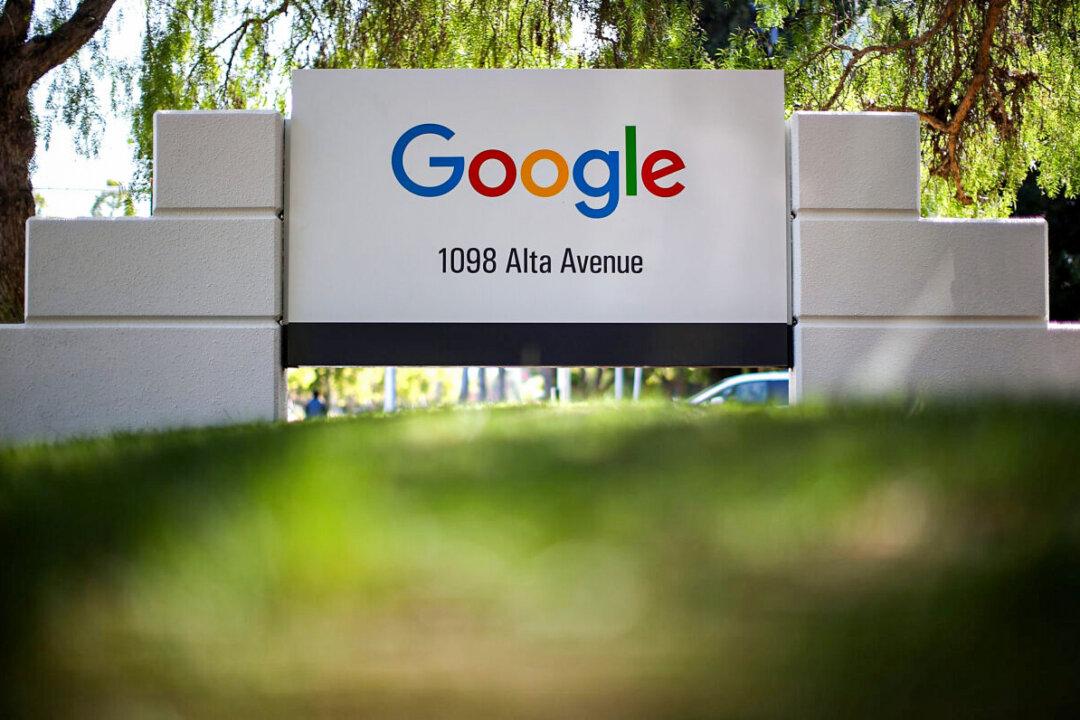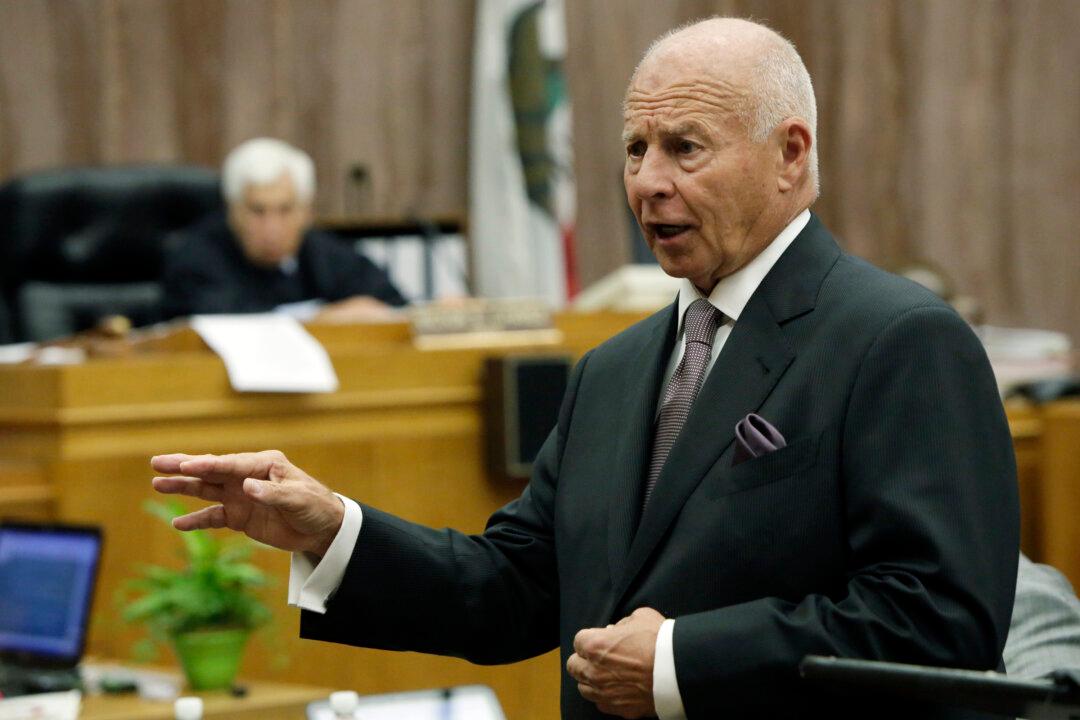Google fired 28 employees after the protests held across two of the company’s offices on April 16. The employees had staged the protests over Google’s association with the Israeli government, which involves cloud-computing services known as “Project Nimbus.”
The company alerted the police after sit-in protests at offices in New York and Sunnyvale, California, which led to the arrest of nine employees, Google confirmed.




